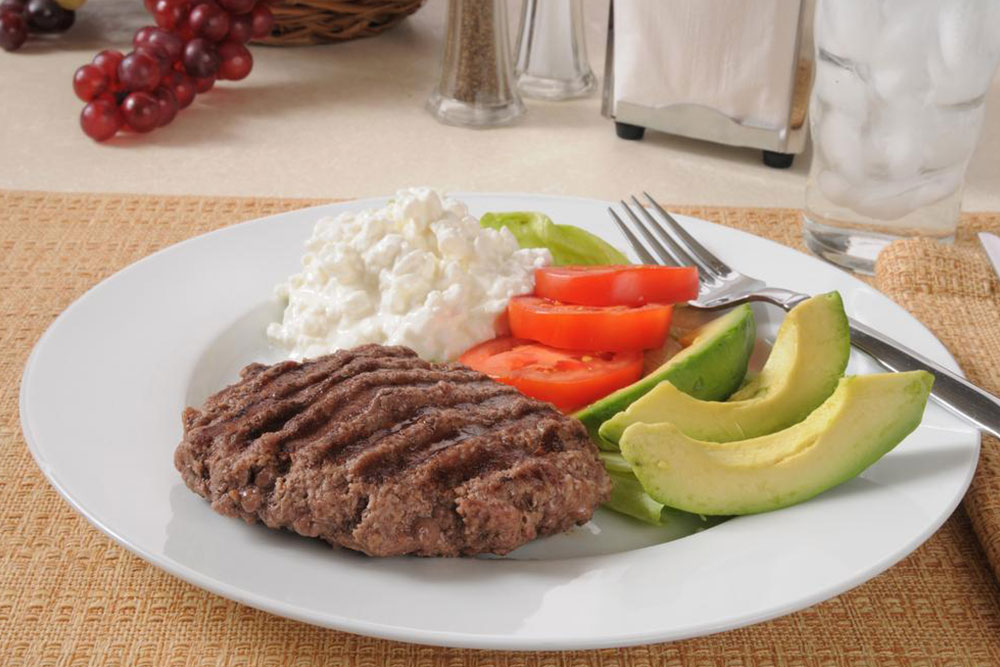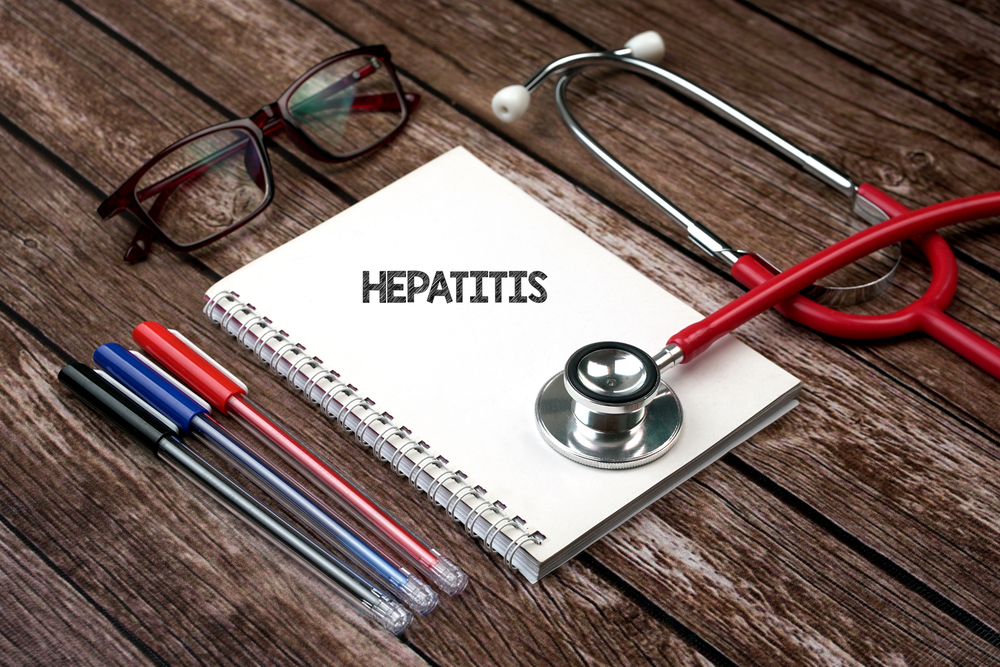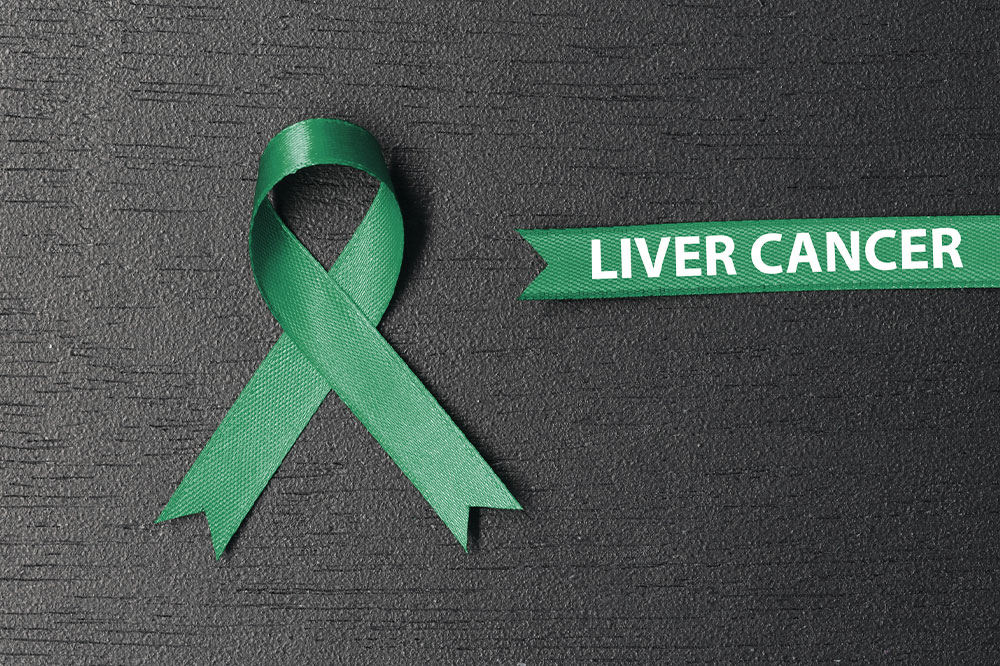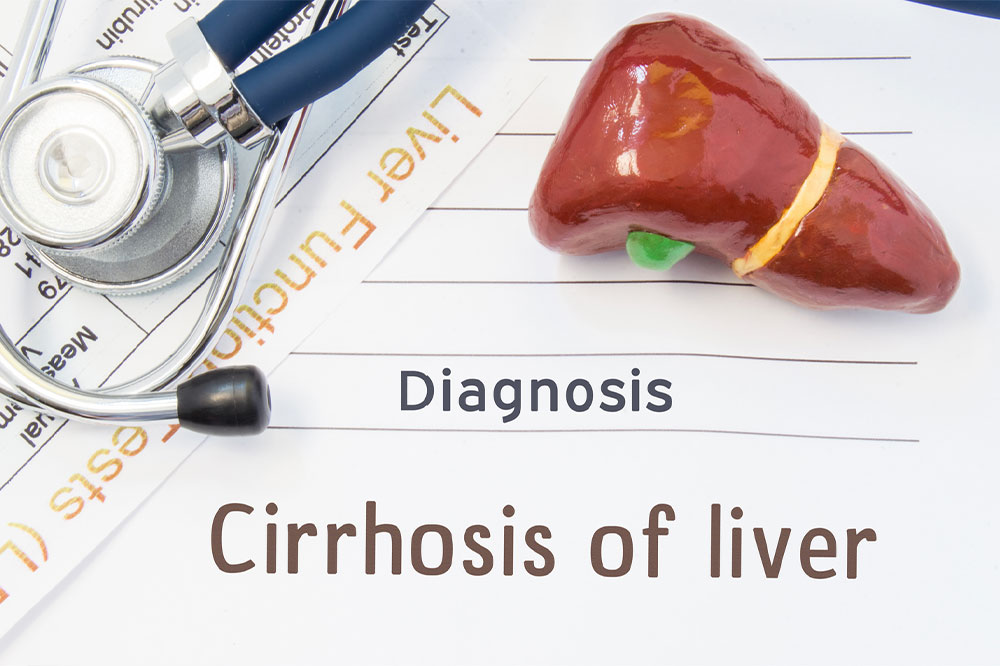Comprehensive Nutritional Strategies for Managing Fatty Liver Disease
This comprehensive guide explores effective nutritional and lifestyle strategies to manage and reverse fatty liver disease. Emphasizing a balanced diet rich in vegetables, lean proteins, and detoxifying foods, coupled with regular exercise, it aims to promote liver health and overall wellness. Suitable for those seeking to improve liver function and prevent progression to serious liver conditions.

Comprehensive Nutritional Strategies for Managing Fatty Liver Disease
Fatty liver disease, medically termed as hepatic steatosis, is one of the most common liver conditions affecting millions worldwide. It occurs when excess fat accumulates within the liver cells beyond the normal threshold—typically when liver fat exceeds 5-10% of the organ's weight. While often linked to unhealthy dietary habits and sedentary lifestyles, fatty liver is a reversible condition, provided proactive measures are implemented in time. The liver, being the body's second-largest organ, performs critical functions such as detoxification, nutrient processing, and metabolic regulation. When overwhelmed by excess fat, these functions are compromised, leading to further health complications like inflammation, fibrosis, and even cirrhosis if left untreated. This detailed guide aims to provide effective nutritional strategies and lifestyle modifications to combat fatty liver disease, improve liver health, and promote overall wellness.
Understanding the causes of fatty liver is essential for addressing the condition. Predominantly, factors such as excessive alcohol consumption, high intake of processed foods, sugary beverages, refined carbohydrates, and sedentary behavior contribute significantly to fat buildup in the liver. Obesity, insulin resistance, and metabolic syndrome are also major risk factors. Given these underlying causes, dietary adjustments become a cornerstone in managing and reversing fatty liver disease. A diet focusing on nutrient-dense, minimally processed foods can support liver detoxification, reduce inflammation, and promote fat loss.
Key dietary recommendations include increasing intake of raw, fiber-rich vegetables such as leafy greens, cruciferous vegetables, and fibrous roots. These foods provide essential antioxidants and phytochemicals that aid liver regeneration and detoxification. It is advisable to reduce consumption of sugary fruits like bananas and grapes that can contribute to blood sugar spikes, and instead, focus on berries, apples, and citrus fruits in moderation. Fried foods, especially those cooked in unhealthy oils, should be replaced with baked, grilled, or steamed options, preferably using healthier fats like olive oil or avocado oil. Such cooking techniques help prevent additional fat accumulation and support cardiovascular health.
Incorporating lean proteins such as seafood, chicken, eggs, and plant-based sources like legumes provide the necessary amino acids without burdening the liver. These proteins are vital for tissue repair and regeneration. Additionally, foods rich in detoxifying nutrients—such as sulfur-containing vegetables like garlic, onions, cabbage, broccoli, and Brussels sprouts—are particularly beneficial. They enhance the production of glutathione, the body’s principal antioxidant responsible for detoxifying harmful substances. Enhancing glutathione levels can significantly help reduce liver inflammation and oxidative stress associated with fatty liver disease.
Beyond dietary choices, lifestyle modifications are crucial for effective management. Regular exercise, even moderate-intensity physical activity like walking, cycling, or swimming, can facilitate fat burning and improve metabolic health. Maintaining a healthy weight is paramount; losing even 5-10% of body weight can substantially decrease liver fat content. Limiting alcohol intake and avoiding smoking further safeguard liver health. Additionally, staying well-hydrated aids in flushing toxins and supports metabolic processes.
In conclusion, managing fatty liver disease through targeted nutrition and lifestyle changes offers a promising path toward recovery. Emphasizing nutrient-rich, minimally processed foods, reducing unhealthy fats and sugars, and adopting an active lifestyle can significantly improve liver function, prevent progression to more severe liver conditions, and enhance overall quality of life. Early intervention and consistent adherence to these strategies are vital for reversing fatty liver and fostering long-term health benefits.
Fatty liver management
Nutritional strategies for liver health
Detoxification and anti-inflammatory foods





